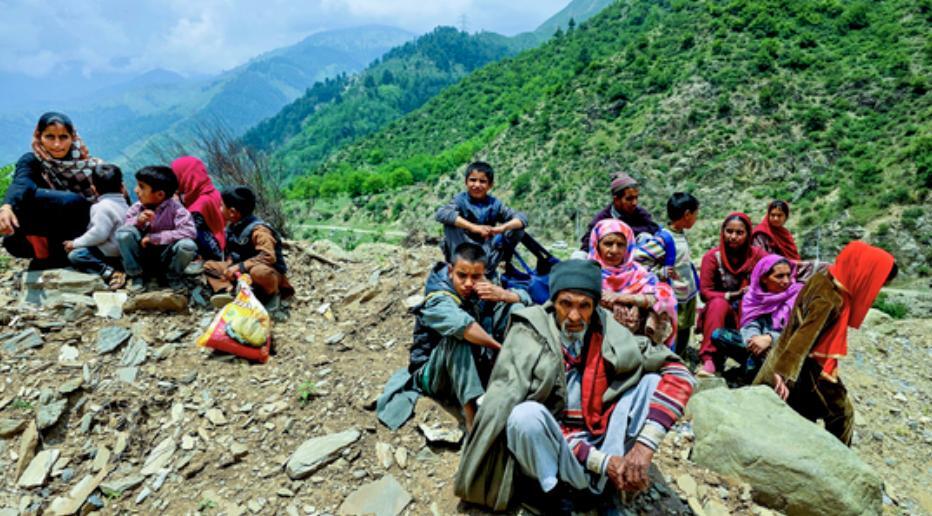
Can’t trust Pak: J&K residents on returning home after ceasefire
The recent India-Pakistan ceasefire has brought a sigh of relief to the people of Jammu and Kashmir, but many residents of the border areas are still hesitant to return to their homes. Despite the ceasefire, the fear of another war remains, and the residents are not willing to take the risk of getting caught in the crossfire. In this blog post, we will explore the reasons behind the hesitation of the residents to return to their homes and the trust issues they have with Pakistan.
Operation Sindoor, the military operation launched by India in response to the Pakistan Army’s ceasefire violations, has brought a sense of relief to the people of Jammu and Kashmir. However, the residents of the border areas are still afraid to return to their homes. “I am desperate to go to my village because I can’t open my shop…But people still believe war isn’t over,” said a resident of one of the affected areas.
Several areas of Jammu and Kashmir saw heavy shelling during the India-Pakistan clash, leaving many residents displaced. The residents were forced to flee their homes and take shelter in safer areas. While the ceasefire has brought a sense of relief, many residents are still hesitant to return to their homes.
One of the main reasons behind the hesitation is the trust issue with Pakistan. Many residents believe that Pakistan is not sincere in its ceasefire agreement and that it may resume hostilities at any moment. “Pakistan is not trustworthy. They have a history of violating agreements and we can’t take any chances,” said another resident.
The trust issue is not unfounded. Pakistan has a history of violating ceasefire agreements and resorting to violence against Indian forces and civilians. In the past, Pakistan has used ceasefire violations as a tactic to gain an advantage over India, and many residents believe that it may do so again.
Another reason behind the hesitation is the fear of getting caught in the crossfire. The residents of the border areas are aware that the India-Pakistan border is a highly volatile region, and that any escalation of violence can lead to devastating consequences. “We are afraid of getting caught in the crossfire. We have seen what happens when the two armies clash, and we don’t want to be a part of it,” said a resident.
The residents are also concerned about the safety of their families and properties. The shelling and firing during the India-Pakistan clash have left many properties damaged, and many residents are worried about the safety of their homes and businesses. “We are worried about the safety of our properties. We have invested so much in our businesses, and we can’t afford to lose everything,” said a resident.
In addition to the trust issue and the fear of getting caught in the crossfire, the residents are also concerned about the lack of infrastructure in the border areas. The roads and bridges in these areas are often damaged, and the residents have to face difficulties in accessing essential services like healthcare and education.
The government has taken steps to address the concerns of the residents and to ensure their safety and security. The government has deployed additional troops to the border areas to maintain peace and stability, and it has also set up relief camps for the displaced residents.
However, more needs to be done to address the concerns of the residents. The government needs to work on building trust with Pakistan and ensuring that the ceasefire agreement is implemented in letter and spirit. The government also needs to work on rebuilding the infrastructure in the border areas and ensuring that the residents have access to essential services.
In conclusion, while the ceasefire agreement has brought a sense of relief to the people of Jammu and Kashmir, many residents are still hesitant to return to their homes. The trust issue with Pakistan and the fear of getting caught in the crossfire are some of the main reasons behind the hesitation. The government needs to work on building trust with Pakistan and ensuring that the ceasefire agreement is implemented in letter and spirit. The government also needs to work on rebuilding the infrastructure in the border areas and ensuring that the residents have access to essential services.
Source:






